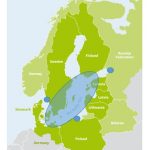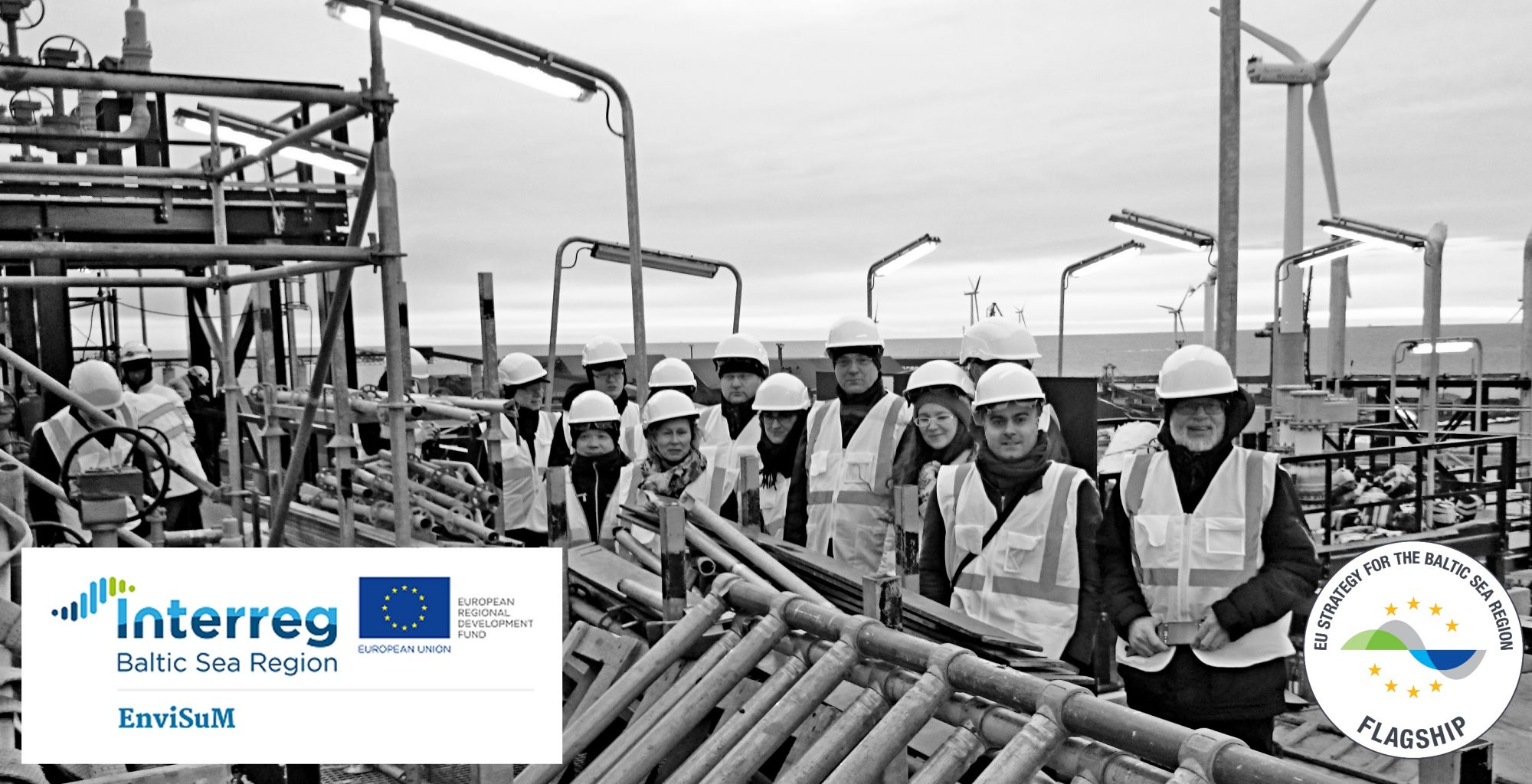European Union (European Regional Development Fund) has funded EnviSuM project studying technical efficiency and socio-economic impacts of clean shipping solutions. The project’s budget is EUR 3.2 million, and the co-financing rate is 75%.
The EnviSum is coordinated by University of Turku and it involves 12 partners from Denmark, Estonia, Finland, Germany, Norway, Poland, and Sweden. In addition, there are 17 associated organisations, including Russian partners.
The EnviSuM project results will provide policy makers and authorities with tools and recommendations for the development of future environmental regulations, and the shipping sector with guidance to support future investment decisions.
The EnviSuM project addresses measurement and modelling strategies to assess present and future cost and the health and environmental effects of ship emissions in view of the IMO emission regulations that entered into force in January 2015.
Available measures (fuels and abatement techniques) to meet the emission reduction targets will be investigated and their performance and level of compliance assessed. The EnviSuM project will provide tested and analyzed results on the efficiency of the different clean shipping solutions allowing the project consortium to make recommendations benefiting the environment, the health of the people of the Baltic Sea Region while still supporting the maritime businesses and promoting economic growth.

The societal impact of emission reductions will be investigated both on the city scale and on the Baltic Sea regional scale utilizing the high technical and analytical skills of the consortium. The ports of Gothenburg, Saint Petersburg and Gdynia-Gdansk are among the largest in the Baltic Sea Region and are all located in close vicinity to large cities. They represent the typical variety of the climatological and socio-economic conditions in the Baltic Sea Region.
Targeted activities in these three cities will give key stakeholders from the industry and the authorities the possibility to work together for a common goal and to exchange knowledge and expertise on the subject, providing extra cross-border value. As both authorities and representatives of the private sector are part of the project consortium, the tools and recommendations will directly benefit the decision making of both parties.
